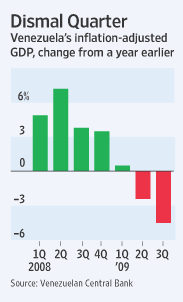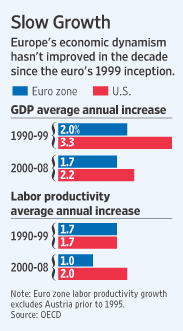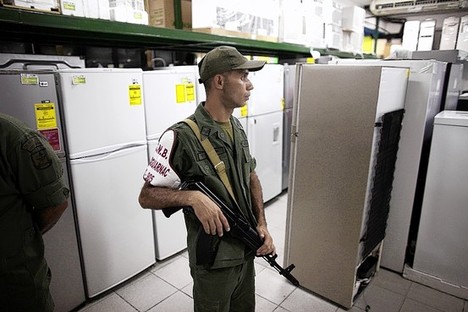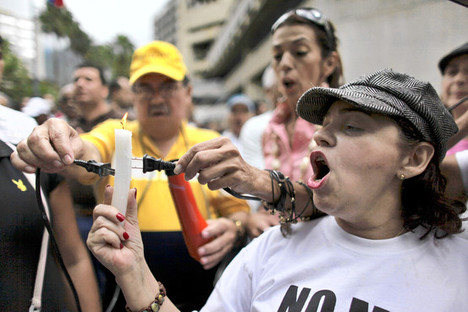(p. 8) Saurabh Srivastava, co-founder of the National Association of Software and Service Companies in India, explained that for the first 40 years of Indian independence, entrepreneurs here were looked down upon. India had lost confidence in its ability to compete, so it opted for protectionism. But when the ’90s rolled around, and India’s government was almost bankrupt, India’s technology industry was able to get the government to open up the economy, in part by citing the example of America and Silicon Valley. India has flourished ever since.
“America,” said Srivastava, “was the one who said to us: ‘You have to go for meritocracy. You don’t have to produce everything yourselves. Go for free trade and open markets.’ This has been the American national anthem, and we pushed our government to tune in to it. And just when they’re beginning to learn how to hum it, you’re changing the anthem. … Our industry was the one pushing our government to open our markets for American imports, 100 percent foreign ownership of companies and tough copyright laws when it wasn’t fashionable.”
If America turns away from these values, he added, the socialist/protectionists among India’s bureaucrats will use it to slow down any further opening of the Indian markets to U.S. exporters.
For the full commentary, see:
THOMAS L. FRIEDMAN. “It’s Morning in India.” The New York Times, Week in Review Section (Sun., October 31, 2010): 8.
(Note: the online version of the story is dated October 30, 2010.)






